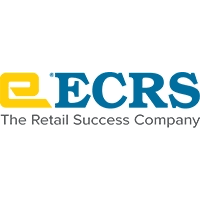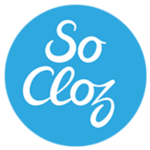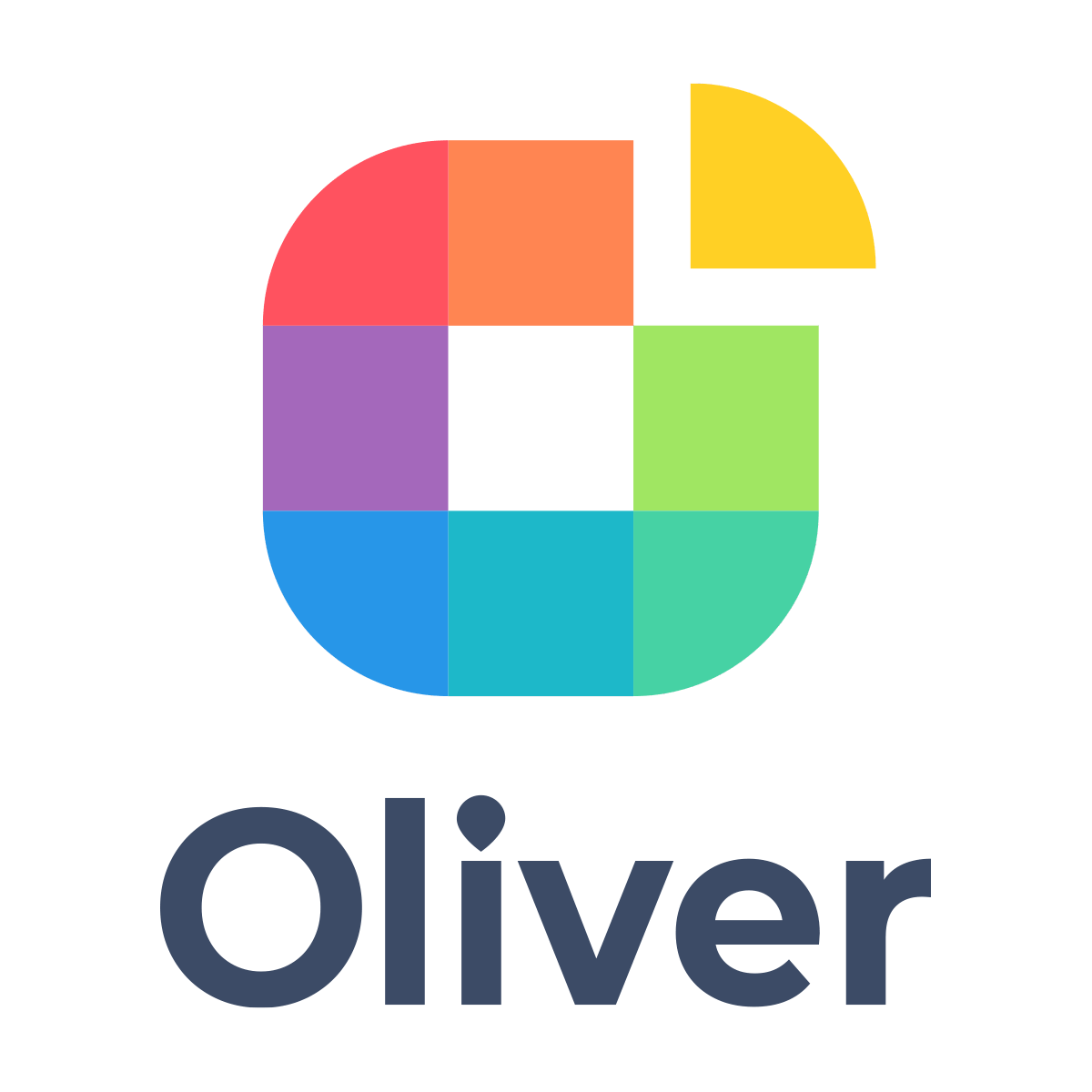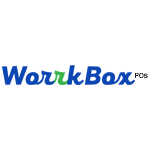Description

ECRS

SoCloz
Comprehensive Overview: ECRS vs SoCloz
ECRS and SoCloz are both companies involved in providing retail technology solutions, although their specific offerings and market focuses differ. Here's a detailed overview of each:
ECRS
a) Primary Functions and Target Markets:
- Primary Functions: ECRS (Efficient Collaborative Retail System) is known for its comprehensive retail management solutions. The company's flagship product is the CATAPULT Retail POS (Point of Sale) system. CATAPULT provides integrated functionalities such as:
- Point of Sale
- Inventory Management
- Customer Loyalty Programs
- Self-Checkout Solutions
- eCommerce Integration
- Business Intelligence and Analytics
- Target Markets: ECRS mainly targets grocery stores, cooperatives, convenience stores, and healthcare retail environments, focusing on medium to large chain retailers who require robust, scalable systems.
b) Market Share and User Base:
- ECRS holds a significant position in the North American retail technology landscape, particularly within the grocery sector due to its focus on comprehensive POS solutions that integrate all aspects of retail operations. However, specific market share figures might not be publicly available due to market research proprietary information.
- The user base consists largely of independent retailers and regional chains that prefer a reliable, integrated system with strong support for grocery operations.
c) Key Differentiating Factors:
- ECRS differentiates itself with its modular, scalable CATAPULT platform that supports a unified commerce approach. This allows businesses to manage POS, backend, and customer-facing systems from a single solution.
- Focus on seamless integration and omnichannel capabilities.
- Strong emphasis on customer service and support, with customizable solutions to meet retailer-specific needs.
SoCloz
a) Primary Functions and Target Markets:
- Primary Functions: SoCloz is a French-based company providing a digital platform for retail order and customer relationship management. Its main offerings include:
- Omnichannel Order Management
- Click & Collect Solutions
- Ship from Store
- Store Appointment Scheduling
- eCommerce Integration
- Target Markets: SoCloz serves a broad range of retailers, including fashion, home improvement, beauty, and lifestyle brands, focusing on companies looking to enhance their omnichannel capabilities.
b) Market Share and User Base:
- SoCloz is prominent in the European market, especially within France, where it collaborates with numerous well-known retail chains. Its market share is more regional, with a stronghold in sectors emphasizing the need for sophisticated omnichannel solutions.
- The user base consists largely of medium to large retailers aiming to enhance their customer experience through integrated digital and physical retail strategies.
c) Key Differentiating Factors:
- SoCloz stands out with its strong omnichannel focus, particularly its ability to integrate physical and digital shopping experiences effectively.
- Offers specialized solutions to enhance the in-store experience, such as appointment scheduling and real-time inventory visibility for employees and customers.
- High adaptability and integration capacity with existing retail systems and platforms.
Comparative Analysis
Both ECRS and SoCloz offer valuable retail solutions but differ in focus and approach. ECRS is deeply rooted in North American grocery markets with a comprehensive POS-centric solution, while SoCloz emphasizes enhancing European retailers' omnichannel capabilities. ECRS is known for its scalable CATAPULT system, ideal for integrated retail operations, while SoCloz excels in omnichannel customer experience innovation and flexibility. Therefore, the choice between the two often depends on the specific operational needs and geographic focus of the retailer.
Contact Info

Year founded :
1940
Not Available
Not Available
Not Available
Not Available

Year founded :
2012
Not Available
Not Available
France
Not Available
Feature Similarity Breakdown: ECRS, SoCloz
ECRS and SoCloz are both solutions that serve retail and hospitality sectors, but they have different specializations and core functionalities. Here's a breakdown of their features:
a) Core Features in Common:
-
Point of Sale (POS) Systems:
- ECRS: Provides full POS solutions, often with an emphasis on grocery and specialty retail environments.
- SoCloz: Offers POS capabilities aimed mainly at enhancing the retail shopping experience.
-
Inventory Management:
- Both solutions provide tools to manage and track inventory levels efficiently.
-
Omnichannel Support:
- ECRS and SoCloz both offer support for omnichannel retailing, allowing businesses to integrate online and in-store sales channels.
-
Customer Relationship Management (CRM):
- Each solution has CRM tools for managing customer data and enhancing customer service.
-
Data Analytics and Reporting:
- Both platforms provide analytics and reporting features to help businesses make data-driven decisions.
b) User Interface Comparison:
-
ECRS:
- Typically, ECRS interfaces are designed to cater to environments requiring fast transaction times, such as grocery stores. They prioritize ease of use, speed, and accuracy.
- The interface might appear more utilitarian as it focuses heavily on backend efficiency and front-end speed of service.
-
SoCloz:
- The interface tends to be more modern and sleek, reflecting its focus on enhancing customer engagement and improving the shopping experience.
- It's often built to be highly intuitive to facilitate quick staff training and ease of use across numerous retail scenarios.
c) Unique Features:
-
ECRS Unique Features:
- Self-Checkout Solutions: ECRS has a strong package for self-checkout solutions, which is a major focus for grocery and similar retailers.
- Fuel Management Systems: ECRS provides solutions specific to convenience stores with fuel systems.
- Integrated Loyalty Programs: Offers sophisticated loyalty program integrations directly within the POS interface.
-
SoCloz Unique Features:
- Digital In-Store Features: SoCloz offers features like click-and-collect and appointment booking that cater specifically to enhancing the in-store shopping experience.
- Mobile POS Solutions: The platform includes mobile-friendly POS solutions that can be utilized in various parts of a store to assist customers directly.
- Staff Planning and Management: Provides tools to aid in staff scheduling and management, which is particularly useful in larger retail environments to optimize workforce utilization.
In conclusion, while both ECRS and SoCloz have robust POS systems with common features like inventory management and CRM, ECRS stands out with its self-checkout and fuel management, whereas SoCloz excels in mobile POS solutions and customer-oriented features like click-and-collect. The choice between them would largely depend on the specific needs and type of retail environment.
Features

Not Available

Not Available
Best Fit Use Cases: ECRS, SoCloz
ECRS and SoCloz are two distinct platforms that cater to specific needs in the retail and commerce sectors. Let’s explore the best-fit use cases for each:
ECRS
ECRS is known for its comprehensive point-of-sale (POS) systems and retail management solutions. It is particularly well-suited for:
a) Types of Businesses or Projects:
-
Grocery Stores and Supermarkets: ECRS offers robust solutions tailored for high-transaction environments, incorporating features like inventory management, pricing, and promotions that are crucial for grocery stores.
-
Convenience Stores: With features that support quick transactions and inventory management, ECRS is ideal for businesses that require efficient checkout processes and stock management.
-
Healthcare and Pharmacy Retail: ECRS systems support specialized needs such as pharmacy compliance, prescription handling, and integration with healthcare back-office systems.
-
Small to Medium-sized Retail Chains: ECRS provides scalable solutions for businesses that operate multiple locations, offering centralized reporting and management functions.
-
Natural and Specialty Foods: Retailers focusing on organic or specialized food products can benefit from ECRS's ability to manage complex inventory requirements and customer loyalty programs.
SoCloz
SoCloz focuses on providing omnichannel retail solutions, particularly enhancing the customer shopping experience by integrating online and offline channels. It is preferred for:
b) Scenarios:
-
Fashion and Apparel Retailers: SoCloz excels in providing solutions that merge in-store and online experiences, making it ideal for fashion brands looking to capitalize on trends and customer engagement.
-
Department Stores: The platform supports complex inventory and purchasing systems typical of large department stores, enabling seamless customer experiences across multiple channels.
-
Urban and Pop-Up Stores: Retailers who operate in dynamic environments or temporary setups benefit from SoCloz's quick-to-deploy, flexible systems that support click-and-collect and mobile POS formats.
-
Luxury and Boutique Brands: Brands that focus on personalized customer experiences and require integrated CRM systems for customer data management will find SoCloz's tools advantageous.
-
Franchise Operations: With its ability to provide a unified view of operations across various locations, SoCloz supports the needs of franchised businesses by facilitating consistent customer experiences.
Industry Verticals and Company Sizes
d) Catering to Different Verticals and Sizes:
-
ECRS: Primarily targets small to medium-sized businesses in high-volume retail verticals. It scales well for growing companies but is especially strong in sectors where inventory turnover is rapid and precise transaction handling is critical.
-
SoCloz: More suitable for medium to large retailers that prioritize an integrated, omnichannel approach to retail. It is adept at serving industries that benefit from a cohesive interaction between digital and physical retail spaces, such as fashion, luxury, and department stores.
In summary, ECRS is best suited for businesses that require robust, transaction-oriented POS systems with strengths in inventory management and compliance. In contrast, SoCloz is ideal for retailers that focus on enhancing customer engagement through seamless integration of their online and offline channels, serving industries where customer experience and rapid deployment are key.
Pricing

Pricing Not Available

Pricing Not Available
Metrics History
Metrics History
Comparing undefined across companies
Conclusion & Final Verdict: ECRS vs SoCloz
To provide an informed conclusion and final verdict for ECRS and SoCloz, let's delve into each of the required points:
a) Best Overall Value
ECRS: Known for its robust and comprehensive retail automation solutions, ECRS offers excellent value in terms of scalability, integration capabilities, and a wide range of functionalities, particularly for retail and grocery businesses. ECRS is ideal for businesses looking for a customizable and integrated system that can handle numerous processes efficiently.
SoCloz: Focused on enhancing the omnichannel retail experience, SoCloz provides significant value to businesses aiming to integrate and improve both online and in-store shopping. It's particularly beneficial for retailers focused on enhancing customer engagement across different shopping platforms.
Verdict: The best overall value depends on the specific needs of the business. For businesses primarily concerned with in-store operations and inventory management, ECRS might be the better choice due to its comprehensive system. For companies that prioritize seamless omnichannel experiences and customer engagement, SoCloz offers significant advantages.
b) Pros and Cons
ECRS Pros:
- Extensive functionalities tailored for retail and grocery sectors.
- Strong integration and automation capabilities.
- Highly scalable and customizable solutions.
- Reliable customer support and training resources.
ECRS Cons:
- Can be complex to implement initially due to extensive features.
- Higher upfront investment might be needed.
- Primarily focused on traditional retail settings.
SoCloz Pros:
- Superb for enhancing omnichannel retail experiences.
- Encourages customer engagement across digital and physical platforms.
- Integrates well with existing retail systems and e-commerce platforms.
- Supports seamless click-and-collect and mobile ordering functionalities.
SoCloz Cons:
- Might not provide as deep in-store operations functionalities as ECRS.
- Can be less robust for inventory management compared to ECRS.
- May require investments in upgrading digital touchpoints for maximum effectiveness.
c) Recommendations
For businesses trying to decide between ECRS and SoCloz, consider the following recommendations:
-
Define Your Priorities: If your business's critical priority is optimizing in-store operations and managing inventory efficiently, ECRS could be more suitable. However, if your focus is on integrating e-commerce with physical retail and improving the customer shopping journey, SoCloz would be advantageous.
-
Evaluate Your Current Setup: Assess your existing tech stack. If you already have strong e-commerce operations that need to be better integrated with physical stores, SoCloz can provide that bridge effectively. If in-store efficiencies need enhancements, consider ECRS.
-
Consider Future Growth: For businesses anticipating rapid growth, ECRS's scalable solutions can be a better fit for long-term operational efficiency. Conversely, if growth plans involve expanding digital engagement strategies, SoCloz might offer the necessary flexibility.
-
Budget Considerations: Balance the total cost of ownership with the expected return on investment. Consider initial costs versus long-term benefits.
-
Trial or Demo: If possible, request a trial or demo from both providers to better understand how each will integrate with your existing systems and meet your business needs.
In conclusion, the choice between ECRS and SoCloz hinges on your specific business model, priorities, and future goals. Carefully evaluate both options to determine which aligns more closely with your operational and strategic objectives.
Add to compare
Add similar companies




